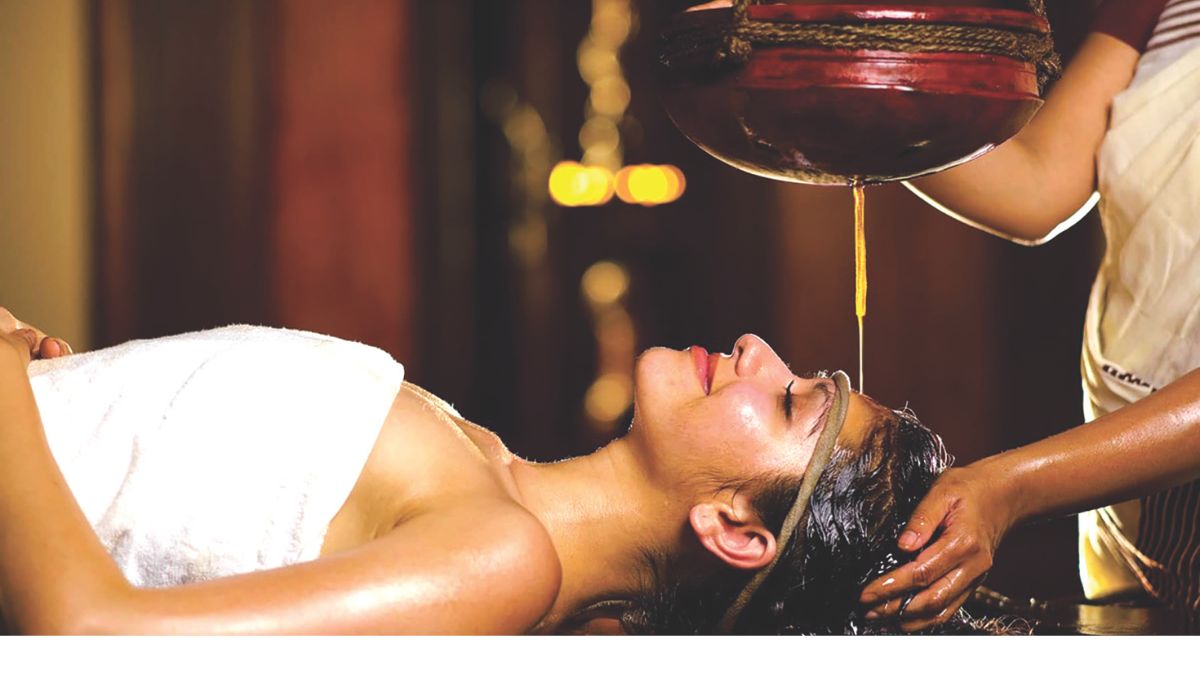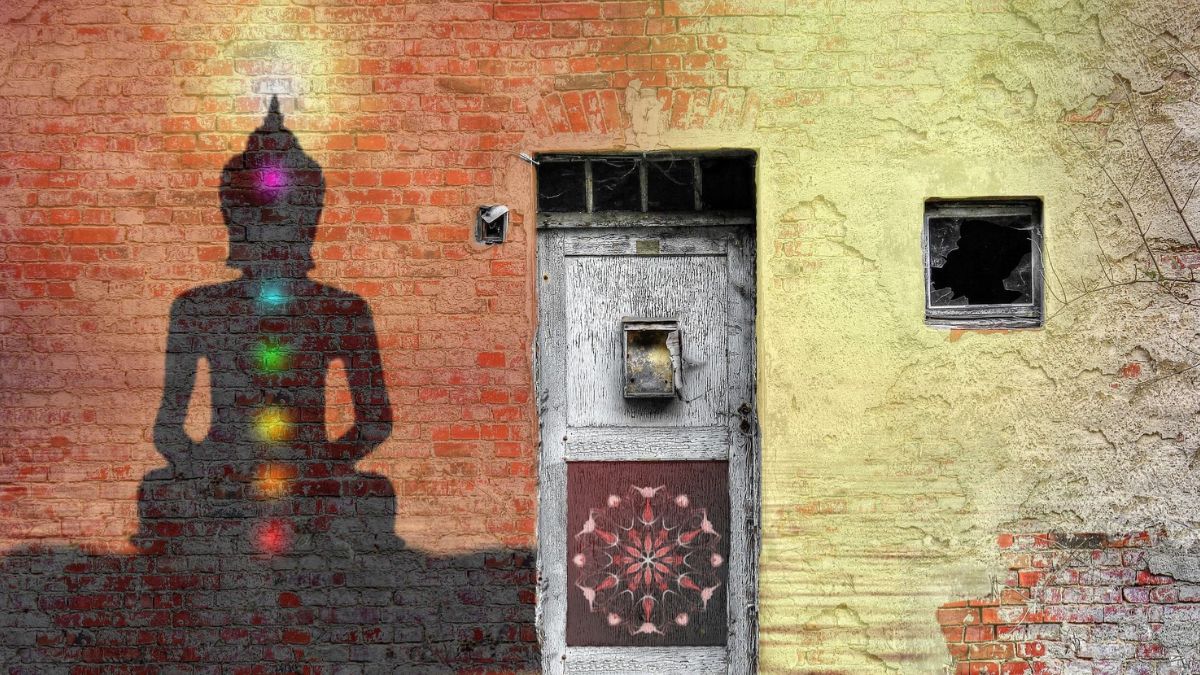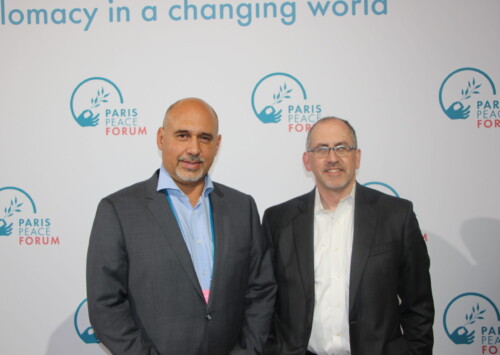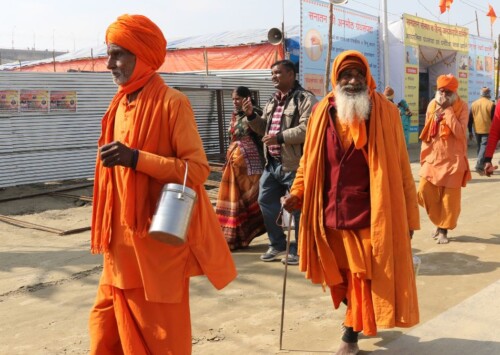India embraces self-care and holistic health
A step towards rejuvenation and longevity focused retreats
A messy and hectic work culture has led Indians to turn to wellness practices nurturing the mind, body and soul. From Ayurveda to sound therapy to emotional practices, ancient traditions are being revived.
With work culture becoming increasingly demanding and draining, the pursuit of health and inner balance has taken centre stage for many Indians. The younger generation, along with the older, is prioritising wellness and longevity, seeking ways to unwind, reset and nurture their overall wellbeing. As a result, India has witnessed a significant shift towards rejuvenation and longevity-focused retreats, reflecting a deeper cultural movement towards self-care and holistic health.
A hub of ancient traditions fused with contemporary luxury, India’s wellness sector has experienced a remarkable rise in recent years. Back in 2018, the industry was valued at USD 100 billion, by 2024, it had expanded to USD 150 billion, according to a study by IMARC, which underscores the growing demand for health-conscious living and rejuvenating travel experiences.

India’s shift to rejuvenation reflects a deeper cultural movement towards self care and holistic health
Over time, the country’s wellness landscape has blossomed into a thriving ecosystem offering an extensive range of traditional, holistic, and healing experiences that seamlessly blend ancient wisdom with modern amenities.
From luxurious Ayurvedic retreats to sound therapy sessions, wellness is becoming an important segment of domestic tourism in India.
Also read Lesser-known traditional medicine practices in India
Ayurveda
Among the many pillars of India’s wellness culture, Ayurveda remains one of the most profound and enduring. Derived from the Sanskrit words ayur and veda, Ayurveda translates to the knowledge of life. Originating in India over 3,000 years ago, this ancient practice is rooted in the belief that true health arises from a harmonious balance between the mind, body, and spirit.
Deepu John, Senior Physician and Head of Department at the Kairali Ayurvedic Group, says that the core objective of Ayurveda is to make the body stronger, healthier, and more resilient.
“There are eight branches of Ayurveda which are Kaya Chikitsa, Shalya Tantra, Shalakya Tantra, Kaumarbhritya, Agad Tantra, Bhut Vidya, Rasayana and Vajikarnana. The practice of Ayurveda includes different methods like oil massage, Panchakarma treatment and others. It is important to understand that the body, soul and mind are treated with the help of Ayurvedic treatments which help the body feel rejuvenated, healthier and also detoxify from toxins,” John tells Media India Group.
He adds that the benefits of Ayurveda are being recognised by an increasingly diverse audience.
“Over the years, more and more people have started using Ayurvedic treatment to make their body immune and feel more relaxed. We have also seen a lot of teenagers getting involved in Ayurveda to help themselves be free of stress,” he says.
Indeed, Ayurveda’s focus on prevention, balance, and inner harmony resonates strongly with those seeking an alternative to quick-fix health solutions. Whether it is through detoxifying therapies, herbal treatments, or mindful nutrition, Ayurveda continues to offer a pathway towards sustainable wellbeing that bridges ancient philosophy with modern lifestyles.
Also read Ayurveda, a promise of wellness
Sound Healing
Another ancient practice finding renewed relevance in today’s fast-paced world is sound healing a holistic therapy that uses vibrations and frequencies to soothe the mind and restore equilibrium. In this form of rejuvenation, instruments such as chimes, gongs, and singing bowls produce rhythmic sounds that affect the body on neurological, physiological, and biochemical levels. The result is a deep state of relaxation and emotional release, helping individuals reconnect with themselves amid life’s constant noise.
“The process of sound healing works through vibrational frequencies. While sound is something we hear, it is also important to remember that our ears can perceive only a limited range of frequencies,” Priyanka Sehgal, a Delhi-based life coach and sound therapy practitioner, tells Media India Group.
“The sounds that surround us on a daily basis have a profound impact on our mood, energy, and overall functioning. I initially started my journey with active consciousness, another form of rejuvenation, and then later transitioned to sound therapy, inspired by my background in classical music,” says Sehgal.
She added that India is gradually awakening to the idea of vibrational wellness, recognising that energy plays a vital role in health and balance.
“If you look at it, India is increasingly acknowledging the significance of energy and vibrational wellness, which is also why more people are exploring diverse healing modalities ranging from Allopathy and Ayurveda to sound therapy. Both youth and older generations are embracing these practices to retreat, reset and restore balance, while even children are now turning to such therapies to cope with stress and environmental changes,” she said.
The growing popularity of sound therapy is a reflection of India’s evolving wellness mindset, one that embraces ancient spiritual sciences alongside contemporary wellbeing trends, paving the way for a more integrated approach to health.
Mental Rejuvenation
While physical health and bodily rejuvenation often take precedence, mental rejuvenation is increasingly recognised as an equally vital aspect of holistic wellness. It refers to the process of refreshing, restoring, and revitalising the mind, helping individuals regain clarity, focus, and emotional balance.
In modern India, where long work hours and digital dependency have become the norm, mental rejuvenation has taken on new importance. From yoga and art therapy to digital detoxes and mindfulness retreats, people are actively seeking ways to quiet the mind and reduce psychological strain.

Pursuit of health and inner balance takes centre stage for India
Vanashree Ghate, Founder and Director, Heal Foundation, a Not-for-Profit Organisation (NGO), in Bombay said is gradually becoming more open to emotional and mental healing as legitimate wellness practices.
“Healing is a practice which usually does not require proof. While mainline therapy has started getting more recognition, emotional healing still is making its way in India, which is the reason why I started my NGO,” Ghate tells Media India Group.
She believes that mental wellness should be treated with the same seriousness as physical health.
“One has to be willing to invest in this form of rejuvenation. Wellbeing comes as a norm for most people. People need to understand that if they keep recharging themselves mentally, they can function well physically. Humans are social animals, and if they have mental well-being, that is when they can be physically fit. So, as much as it is important to be physically rejuvenated, one needs to be in a good mental space too, which helps in achieving better balance,” she says.
The convergence of ancient healing practices and modern therapeutic approaches is redefining how people view health. Whether through Ayurveda, sound therapy, or mental rejuvenation, these practices offer more than just relaxation, they provide tools for a sustainable living, emotional resilience, and inner harmony.
The growing popularity of these therapies among all age groups, from stressed professionals and retirees to teenagers and children, signals a broader societal awakening.










